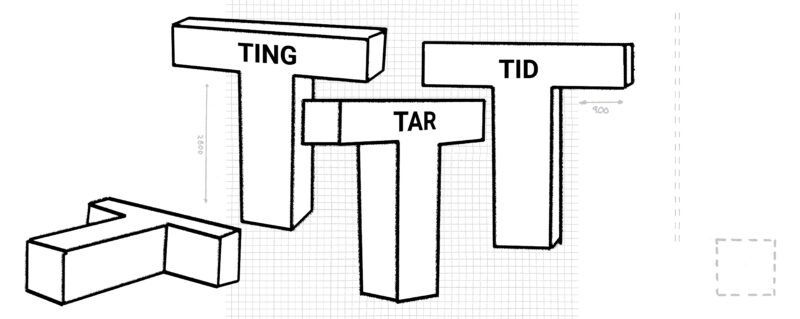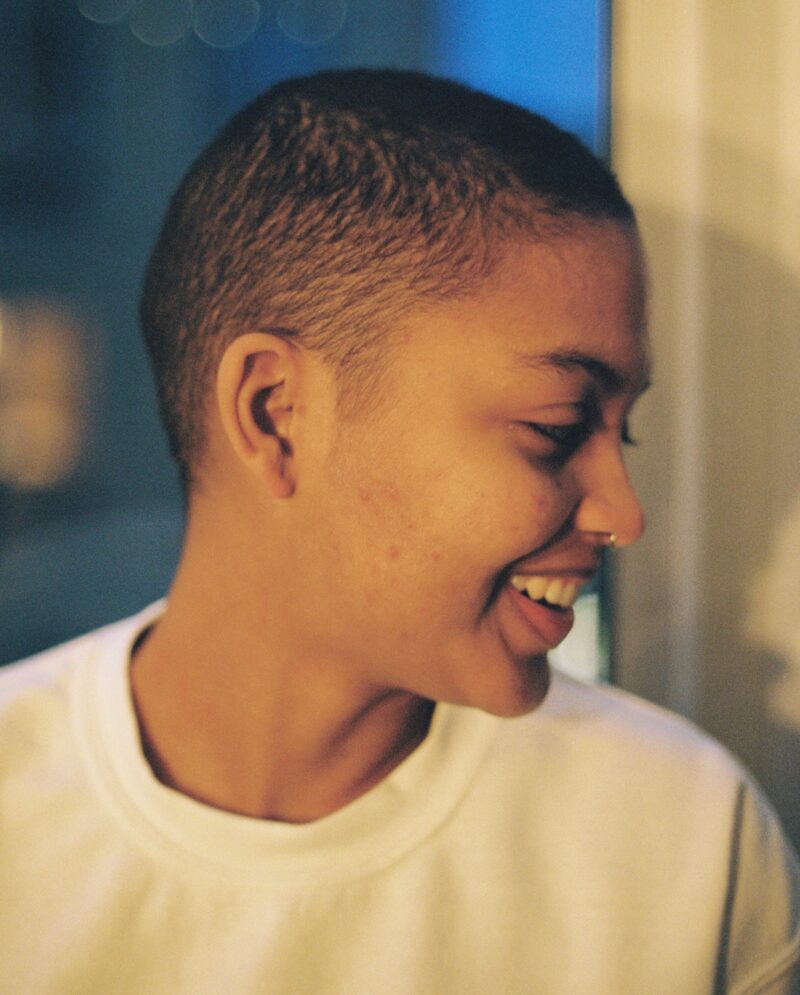2025

The programme for 2025 marks a critical juncture in the ongoing evolution of the Fotogalleriet, shifting our focus toward an interrogation of the temporal and sociopolitical realities that define the present moment. This first “exhibition” serves not as a showcase of new works but as a bold rethinking of our institutional framework—a resetting and updating of the very mechanisms through which we operate. In doing so, we aim not only to critically examine past programming, editions, and formats, but also to forge a path forward that is deeply attuned to the complexities of the current era.
The title Ting Tar Tid plays on the Norwegian way of looking at things from a satirical perspective on pressing matters. The tone is ironic or ironisk distanse as we say in Norwegian. There is the connotation to the bureaucratic processes which institutions are dependent on that is being embedded in the structure of the exhibition.
As we turn our attention inward, we are using this period of reflection to assess what worked, what didn’t, and how we can better align our institutional priorities with the evolving needs of artists, audiences, and society. In this process, we are not simply reviewing the past, but ensuring that our future programming—set to span the years 2025 through 2028—emerges from a place of continuity and relevance. In addition, we recognise that many of the questions we will raise in this exercise intersect with our ongoing efforts to make art and cultural engagement more accessible to a broader public.
We are compelled to provide a structure that can be observed. Thus, the team at Fotogalleriet will be more visible tending to these complexities and paradoxical ways of being/working. It is equivalent to inviting your guests over before you clean up your house and stating “I know, I’m just cleaning up before we begin with the hangout”.
This proposed direction represents a critical review of the past and a commitment to the future—a future that acknowledges the shifting ground beneath our feet, embraces new modes of artistic practice and engagement, and creates a platform for dialogue that is as responsive and resilient as the world in which we live.
– Nkule Mabaso Director & Miki Gebrelul Head of Exhibitions
Lara Okafor, Fotogalleriet’s 2024-2025 Curatorial Fellow, is a software developer, writer, and organiser. They are curious about finding ways of reconstructing the white cube by collaborating with, and appealing to, marginalised people that do not see themselves claiming space in the art field. Lara’s main areas of interest are Black Studies, prison abolition, speculative fiction, queerness, and technology.
The Fellowship period has been used to develop an exhibition together with the artists Ayesha Jordan, Marie Cole, and Haweya Jama. The group is looking at how creative processes can be used as “holistic technologies” – a concept taken from physicist and author Ursula Franklin (1921-2016) – to encourage critical thinking, communal growth, and defiance; specifically, from an Afrodiasporic perspective. The project’s working title ‘Process: we become what we do over and over again’ incorporates a quote from adrienne maree brown, author of ‘Emergent Strategy: Shaping Change, Changing Worlds’ (2017). Okafor, Jordan, Cole, and Jama’s differing practises have allowed for multifaceted and process-based discussions during the development of the exhibition. A process which will be opened up further in 2025.
Ayesha Jordan (pronouns: she/her, b. 1977) is a multidisciplinary practitioner and creator. Her current research is based on applied permaculture studies, ecosystem and community restoration, heritage, and how these can be explored through performance. Jordan’s general artistic practice encompasses themes such as ritual creation, intergenerational knowledge transfer, archives, event curation, and production in partnership, and aims to amplify marginalized voices, particularly from the global majority (people with backgrounds outside Europe and the United States). Jordan curated the public program for the exhibition The Deep West Assembly’ by Cauleen Smith at the Astrup Fearnley Museum, June-September 2024.
Marie Cole (pronouns: she/her, b. 1996) holds a Masters in Visual Communication from the University for the Creative Arts Canterbury. Cole had a solo exhibition at Kunsthall Oslo in November 2023 and at Studio 17 (Stavanger) in February 2023. She exhibited at the Autumn Exhibition 2023 and at the Oslo Negative photography festival organized by Tenthaus in 2022. As part of the artist collective Diaspora Kollektiv, she holds workshops aimed at people who identify as BIPOCQ (Black, Indigenous, People of Color, Queer).
Haweya Jama (pronouns: she/her, b. 1996) is a technologist and writer. She holds a bachelor’s degree in Computer Science from the University of Oslo and previously worked as a system developer for Oslo Municipality. She is currently pursuing a master’s degree in Technology, People and Society at the University of Agder. Haweya shares her thoughts on technology, philosophy and critical theory in the newsletter ‘haweya’, a place to “chip away at technological ugliness using black methodologies; to create cracks and breaks by which better technologies can spring forth”. She exhibited a video work in the exhibition ‘Educate, Agitate, Organize’ at Kunsthall Oslo in 2024.
